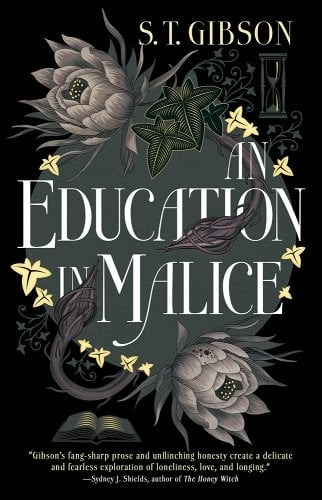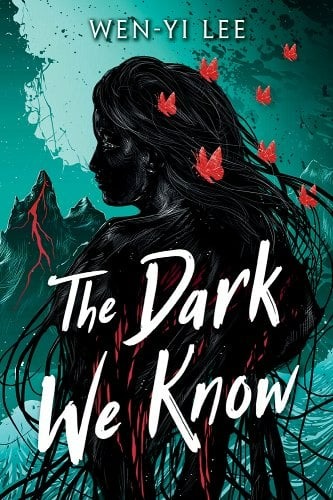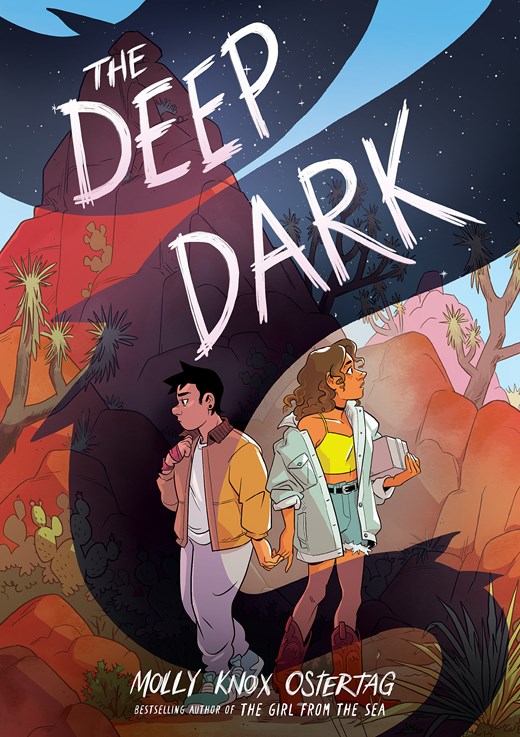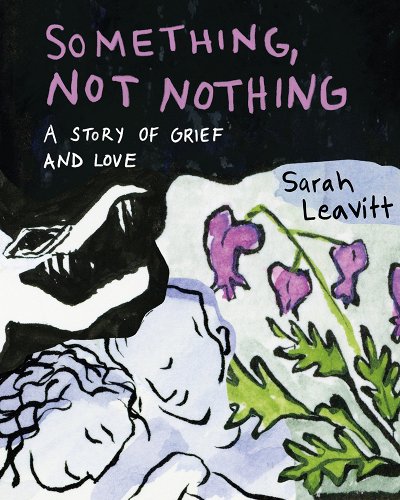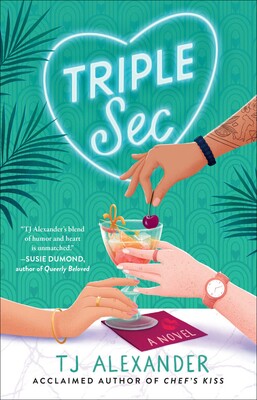Like many queer women, I’m sure, I have a strange relationship with the original Carmilla. On the one hand, sapphic vampires are objectively sexy. On the other hand, the way the danger she poses is framed as inextricably linked to her queerness (and her foreignness) is, well, unpleasant, to say the least. I always say thatRead More
Blood, Sex, and Poetry: An Education in Malice by S. T. Gibson
“She kissed me with a martyr’s agonized desperation, like I was the only sword she ever wanted to fall on.” I’ve been eagerly anticipating this book since it was announced: I loved Gibson’s queer polyamorous take on Dracula’s wives in A Dowry of Blood, and I have written several times about my complicated relationship withRead More
A Small-Town Haunting: The Dark We Know by Wen-yi Lee
Wen-yi Lee’s The Dark We Know follows Isadora Chang, an art student who left her small hometown after the deaths of two of her best friends. Two years later, she returns for the funeral of her abusive father, where she encounters her last surviving friend, Mason. Mason tells her that he suspects their friends were in fact murderedRead More
The Queer Graphic Novel That Had Me Sobbing at 3 A.M.: The Deep Dark by Molly Knox Ostertag
Buy this from Bookshop.org to support local bookstores and the Lesbrary! You’re all fired for not tell me how good this is. I liked The Girl From the Sea, so I put a hold on Ostertag’s newest sapphic graphic novel, but I hadn’t heard anything about it, so I my expectations were pretty grounded. IRead More
A Wing-Woman Rom-Com: Sorry, Bro by Taleen Voskuni
Buy this from Bookshop.org to support local bookstores and the Lesbrary! After ending her long-term relationship with her non-Armenian boyfriend, Nar decides to agree to let her mother help her find a new boyfriend among the eligible Armenian bachelors of San Francisco. She plans to spend the next month at local Explore Armenia events, meetingRead More
A Rivals to Lovers Soccer Romance: You Don’t Have a Shot by Racquel Marie
Buy this from Bookshop.org to support local bookstores and the Lesbrary! Racquel Marie’s You Don’t Have a Shot is a YA romance that centers around Valentina Castillo-Green, a high school soccer star whose life revolves around the sport. After an abrupt end to her junior year soccer season, Vale ends up at soccer camp, co-captaining a teamRead More
Meet Your New Favorite Sapphic Sci-Fi Book: The Space Between Worlds by Micaiah Johnson
Buy this from Bookshop.org to support local bookstores and the Lesbrary! The Space Between Worlds is one of the best stories I have ever read, and I’m not even exaggerating. This novel follows Cara, a poor girl from Ashtown who is trying to make it in rich Wiley City long enough to become a permanent citizen. Her job? To traverseRead More
A Brutal and Brilliant Space Opera: Some Desperate Glory by Emily Tesh
Buy this from Bookshop.org to support local bookstores and the Lesbrary! I thought about reviewing Emily Tesh’s Some Desperate Glory on here last month, right after I finished reading it, but I decided against it because I couldn’t figure out how to talk about in any sort of coherent way. My initial Goodreads review was mostly swearingRead More
A Celebration of Sapphic Love & Loss: Something, Not Nothing by Sarah Leavitt
Buy this from Bookshop.org to support local bookstores and the Lesbrary! Something, Not Nothing (September 24, 2024) is a stunning graphic memoir by cartoonist and educator Sarah Leavitt (she/her). In April 2020, Leavitt’s partner of twenty-two years, Donimo, died with medical assistance after years battling chronic pain. After Donimo’s death, Leavitt turned her immense grief and lossRead More
A Sweet and Steamy Polyamorous Romance: Triple Sec by T.J. Alexander
Buy this from Bookshop.org to support local bookstores and the Lesbrary! Before this book had even come out (happy release day, Triple Sec!), I’d already been recommending it nonstop on Our Queerest Shelves. Ever since I finished it, I haven’t been able to stop talking about. It’s definitely one of my favourite books of theRead More
- « Previous Page
- 1
- 2
- 3
- 4
- …
- 20
- Next Page »
